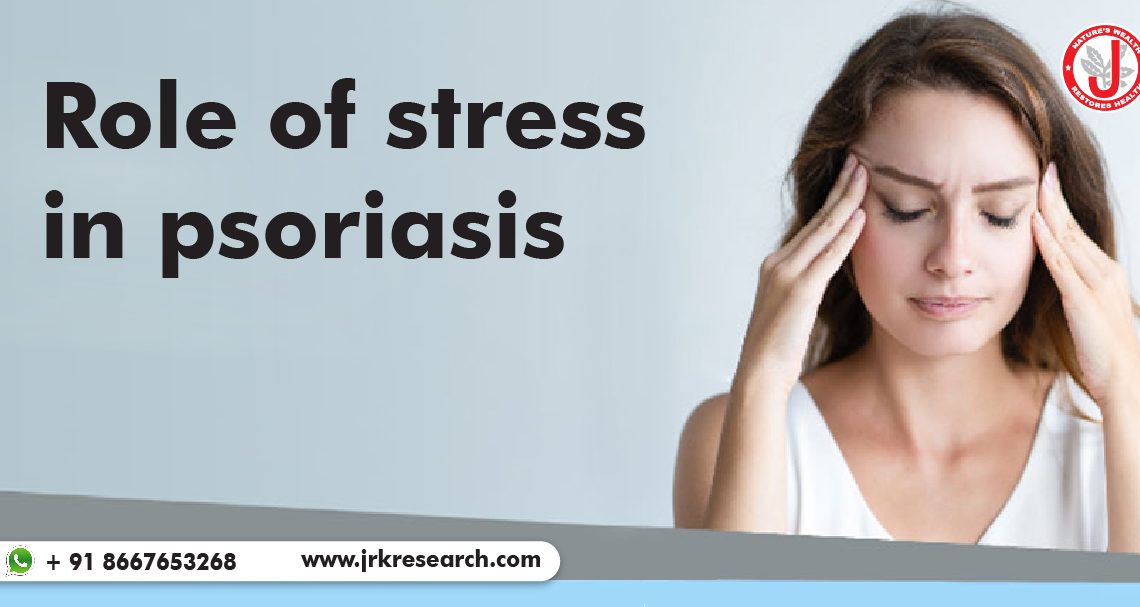

According to the National Psoriasis Foundation, stress is a common trigger for psoriasis flare-ups. To make matters worse, dealing with a psoriasis flare-up can heighten your stress, creating a vicious cycle.
Psoriasis and stress
Which comes first, stress or psoriasis? While many people endure stress without developing psoriasis, it is a common cause of flare-ups. When you have psoriasis, your immune system reacts to a trigger in the same way as a sickness or infection would. In this situation, the outcome is a buildup of skin cells on the skin’s surface that manifests as red, dry, scaly, itchy, and sometimes painful patches. Stress can also affect your immune system, making you more prone to inflammation and a variety of ailments and health issues.
What else may stress do to your skin?
According to clinical research it is proved that psychological stress can disrupt the epidermal barrier — the top layer of the skin that seals in moisture and protects us from hazardous germs — and postpone its restoration. An intact epidermal barrier is necessary for healthy skin; when it is disrupted, it can cause irritated skin as well as chronic skin disorders such as eczema, psoriasis, or wounds. In observational studies, psychosocial stress has been directly linked to the aggravation of many disorders.
Suggestions for managing stress
While it is hard to prevent stress entirely, adopting appropriate coping techniques and tools is essential for managing stressful events and maintaining your mental and physical health. Furthermore, if you smoke or consume alcohol, you should abstain from it , especially during times of high stress, as both are known triggers for psoriasis outbreaks.
The first step in treating your psoriasis is identifying your triggers. There are various lifestyle changes you may do to reduce your likelihood of a flare-up, whether it’s stress or a mix of other causes.
Exercise on a regular basis.
Whether you like a spin class at the gym or prefer to spend your time hiking, running, or simply walking outside, being active and doing regular exercise is crucial for a healthy mind and body. Remember to protect your skin (and scalp) from the surroundings when you’re outside.
Maintain a nutritious diet.
Keep track of what you eat as well as how your diet impacts your stress levels and psoriasis flare-ups. Drink enough of water to remain hydrated and eat plenty of fruits and vegetables to avoid dry skin.
Self-care is essential.
Everyone’s definition of self-care and stress relief is unique. Some people love and benefit from meditation and yoga, while others may enjoy and benefit from cooking and sharing a meal with family and friends. Others will benefit from reading a novel. Experiment to identify hobbies and habits that help you relax and stay stress free.



